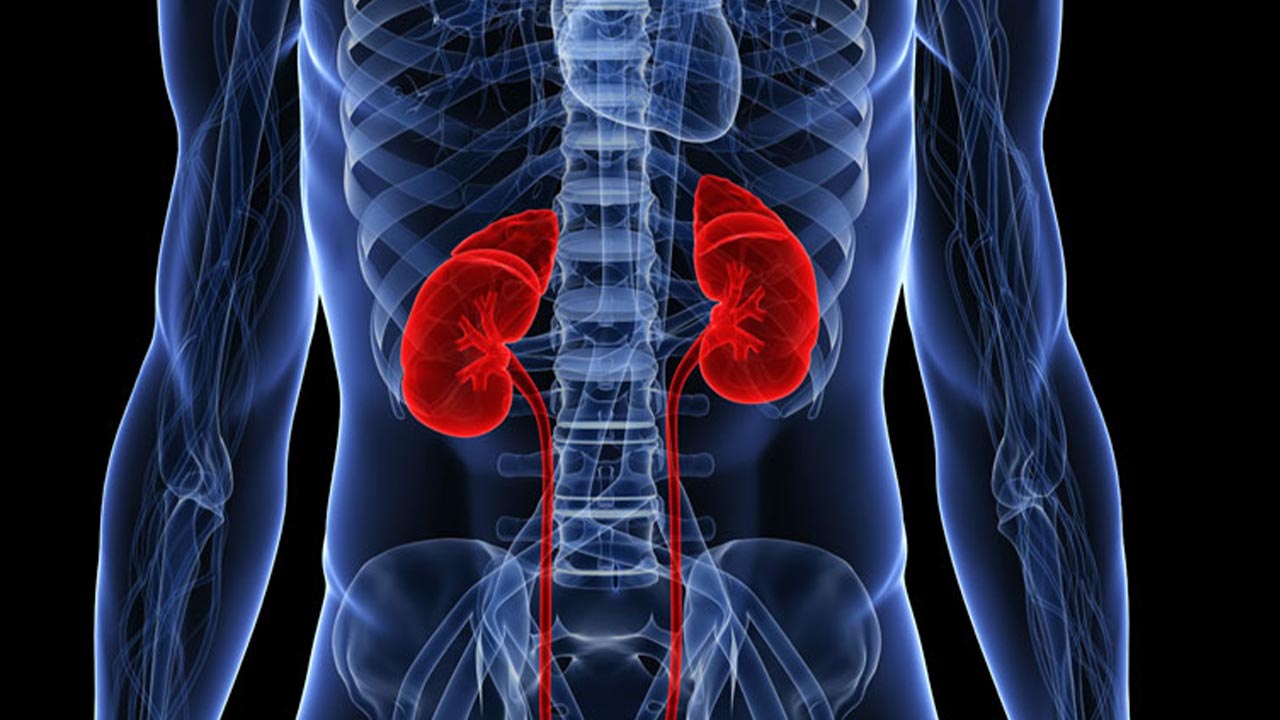Medical help is available for every natural to accidental injury or disease, which applies to the patient depending upon the health uncertainties of the person. Among the many bodily issues one can experience in a lifetime, a collaborative group of disorders are linked to the vascular system, called vascular diseases. These are the abnormalities of blood vessels, nerves, and lymphatic nodes, which indirectly involve the human body’s cardiovascular, neuromuscular, renal, and circulatory systems. Vascular issues connected with kidneys are renal vascular diseases, with renal artery stenosis being the most prevalent among people. Renal vascular diseases can be treated superficially by medication or surgically operated if angioplasty is the only option.
Renal vascular diseases
As the name suggests, vascular involves networks of blood vessels and nerves, so renal vascular diseases comprise the abnormality affecting nerves, veins, and arteries of kidneys. Collectively, vascular complexities targeting the organ of the kidney can result in;
- Kidney failure
- Renal stenosis
- Hypertension (High or low blood pressure)
- Fibro-muscular dysplasia
- Renal artery aneurysm
- Renal artery thrombosis
- Atherosclerosis
- Chronic kidney diseases etc.
Kidney pathophysiology and renal vascular diseases
The normal functioning of the kidney is blood filtration and urine excretion. The physiology of the kidney and the systemic blood pressure are the two determining factors that guarantee kidney fitness, health level, and vulnerabilities. Renal vascular diseases involve dysfunctional, deformed, narrow lines of renal veins, arterioles, veins, microvasculature, and capillaries. There are mild, acute, and severe kidney vascular problems with a low to high suspicion index in diagnosis and treatments. Hypertension is one of the critical causes of the intensive issues generated in the kidney at the vascular level, which can lead to emergencies like;
- Severe diabetes
- Stroke
- Pulmonary edema
- Myocardial ischemia
- Ischemic nephropathy etc.
Vascular doctors for nephron-vascular disorders
Vascular injuries and health issues of kidneys have a spectral range in adversity from mild to dangerous; therefore, medical assistance is also offered at the same level. There are vascular doctors, surgeons, physio experts, and nurses trained and specialized in treating renal vascular conditions. Vascular doctors are usually the ones that are the first doctoral help acquired by vascular patients searching for medical supervision at physical examination and renal detection stages. There are some of the prior responsibilities of vascular doctors, which are the identifying steps for the complications of the renal vascular system. These are
- A thorough discussion with renal-vascular patients
- Physical diagnosis and clinical assessment of patient’s data
- Parametric measurement of biological properties of kidney inflammation and oxygen saturation
- Radiography, ultrasonography, and CT scan imaging of the kidney
- Investigation of severe risks of venous thrombosis, renal stenosis, pulmonary edema, and embolism
- Other health concerns of kidneys like thrombosis, diabetes, hypertension, etc.
Vascular doctors for renal vascular detection, treatment, and surgeries
Primary and secondary diseases of renal arteries and veins might appear simple, but they are one of the most painful health problems that can even lead to death. Vascular doctors are present to detect, treat, medicate, and operate renal vascular disparities by invasive surgical tools or non-invasive methods of physiotherapy. Kidney pains arise from vessel and nerve narrowing or damage, which can be cured by medicinal prescription of vascular doctors. Similarly, glomerulus, bowman capsule, and nephron vicinities are treated during surgery as these are the most susceptible spots compromised by vascular issues.




